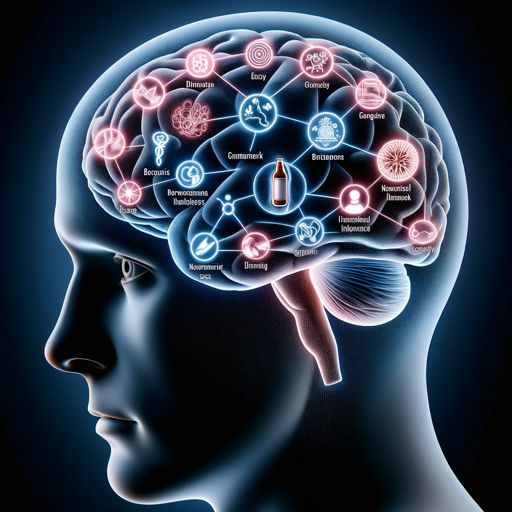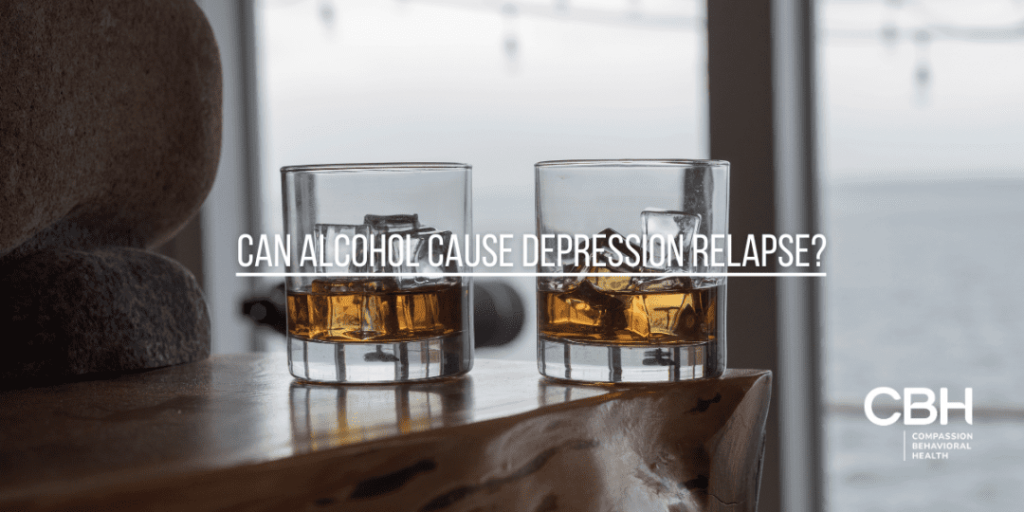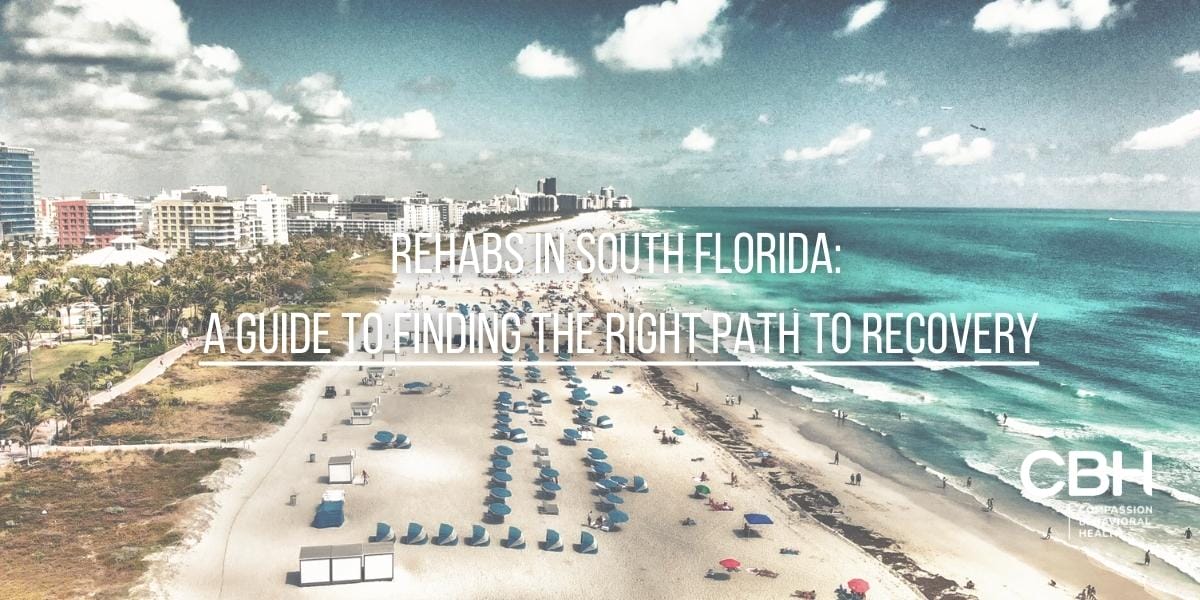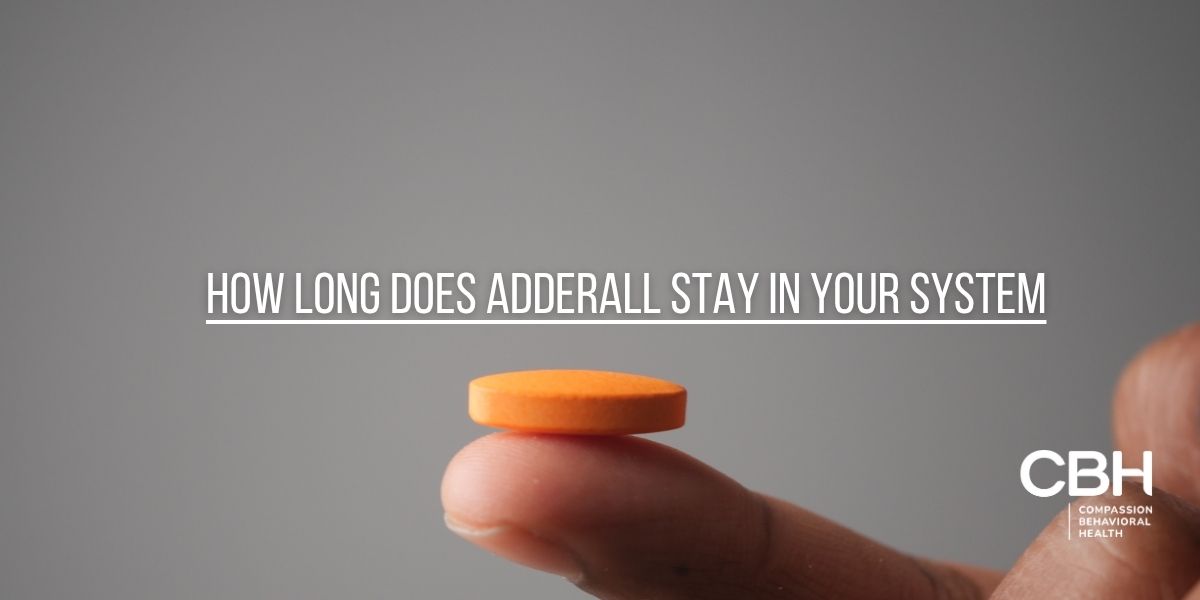Depression is a complex mental health disorder that can have a profound impact on a person’s life. For those struggling with depression, alcohol can sometimes become a means of self-medication or escape. However, the relationship between alcohol and depression is a complicated one. In this article, we will explore the connection between alcohol and depression relapse, as well as the science behind it. We will also discuss the risk factors associated with this relapse and explore relapse prevention and treatment strategies. By understanding the impact alcohol can have on depression, individuals can make informed choices about their mental health and well-being.
Understanding Depression and Alcoholism
Defining Depression
Depression is more than just feeling sad or going through a rough patch. It is a mental health condition that affects a person’s mood, thoughts, and behavior. Common symptoms of depression include
- Persistent feelings of sadness
- Loss of interest or pleasure in activities
- Changes in appetite or weight
- Difficulty sleeping or excessive sleeping
- Loss of energy
- Feelings of worthlessness or guilt
- Difficulty concentrating or making decisions
- Recurring thoughts of death or suicide
It is important to note that depression is a complex disorder that may vary in severity and duration.
[ctabox]Ready to break free from the cycle of depression?[/ctabox]
Living with depression can be challenging and can impact various aspects of a person’s life. Relationships may become strained as the individual may struggle to engage in social activities or experience difficulty in expressing emotions. Work or school performance may also be affected, as concentration and motivation can be significantly impaired. Additionally, physical health may be compromised due to changes in appetite, sleep disturbances, and decreased energy levels.

Seeking professional help is crucial for individuals experiencing depression. Mental health professionals can provide support and guidance and may recommend various treatment options such as therapy, medication, or a combination of both. It is important to remember that recovery is possible, and with the right support, individuals can regain control of their lives and find relief from their symptoms.
The Link Between Alcohol and Depression
While alcohol may temporarily provide a sense of relief or relaxation, it can ultimately worsen symptoms of depression. Alcohol is a central nervous system depressant that alters brain chemistry and can disrupt the delicate balance of neurotransmitters responsible for regulating mood and emotions. Drinking alcohol can also interfere with sleep patterns, decrease motivation, and exacerbate feelings of hopelessness or despair.
It is important to understand that using alcohol as a coping mechanism for depression is not a healthy or effective long-term solution. In fact, it can lead to a vicious cycle where alcohol use worsens depression symptoms, which in turn leads to increased alcohol consumption as a means of self-medication. This cycle can be difficult to break and can have severe consequences on both mental and physical health.

Furthermore, individuals with depression and alcoholism face unique challenges in their recovery journey. The co-occurrence of these conditions, known as dual diagnosis, requires specialized treatment approaches that address both the mental health and substance use aspects. Integrated treatment programs that combine therapy, medication management, and support groups can be effective in helping individuals overcome these challenges and achieve lasting recovery.
It is important for individuals struggling with depression and alcoholism to reach out for help. Support from loved ones, as well as professional guidance, can make a significant difference in their recovery journey. With the right treatment and support, individuals can break free from the grip of depression and alcoholism and regain control of their lives.
The Science Behind Alcohol and Depression Relapse
The Role of Neurotransmitters
Neurotransmitters are chemical messengers in the brain that play a crucial role in regulating mood. Alcohol affects neurotransmitter levels, particularly serotonin, dopamine, and gamma-aminobutyric acid (GABA). Serotonin is involved in mood regulation, and disruptions in its levels are associated with depression. Alcohol can initially increase serotonin levels, leading to temporary mood improvement, but prolonged alcohol use can deplete serotonin, contributing to depressive symptoms.
Dopamine is responsible for feelings of pleasure and reward. Alcohol stimulates the release of dopamine, creating a sense of euphoria. However, chronic alcohol use can deplete dopamine levels, leading to decreased pleasure and increased risk of depression.
GABA is an inhibitory neurotransmitter that helps to calm and relax the brain. Alcohol enhances the effects of GABA, resulting in sedation and relaxation. But when alcohol is withdrawn, GABA activity decreases, leading to an overstimulated and anxious state that can contribute to depression.
Alcohol’s Impact on the Brain
Alcohol not only affects neurotransmitter levels but also affects the structure and function of the brain. Prolonged heavy drinking can lead to shrinkage of the brain’s gray and white matter. This damage can result in cognitive impairments, memory problems, and emotional dysregulation, all of which can contribute to the development or worsening of depression.

Alcohol as a Trigger for Depression Relapse
Emotional Triggers and Alcohol
Stressful life events, such as relationship difficulties, work-related issues, or financial struggles, can trigger episodes of depression. For individuals with a history of depression, turning to alcohol as a coping mechanism may provide temporary relief. However, the use of alcohol can intensify emotions, impair judgment, and hinder coping skills, ultimately exacerbating feelings of sadness, hopelessness, and despair.
Physical Effects of Alcohol that May Trigger Relapse
Alcohol can have profound physical effects on the body, which can contribute to depression relapse. Alcohol use can disrupt sleep patterns, leading to fatigue and mood disturbances. It can also interfere with proper nutrition and impair the body’s ability to absorb essential nutrients, such as B vitamins and magnesium, which are crucial for maintaining mental well-being. Additionally, excessive alcohol consumption can impair liver function, leading to increased toxicity and inflammation, which can negatively affect brain health and contribute to depressive symptoms.
The Risk Factors for Depression Relapse with Alcohol
Genetic Factors
Genetic factors can contribute to an individual’s susceptibility to both depression and alcoholism. Certain genetic variations may affect the brain’s response to stress, increase the risk of developing depressive symptoms, and predict the likelihood of alcohol dependence. Understanding one’s genetic predisposition can help individuals make informed choices and seek appropriate interventions.
Environmental Factors
Environmental factors can also influence the co-occurrence of depression and alcohol use disorders. High-stress environments, a history of trauma or abuse, and a lack of social support can increase the likelihood of both depression and alcoholism. Exposure to alcohol at an early age and living in a culture that normalizes heavy drinking can also contribute to this co-occurring condition.
Prevention and Treatment Strategies
Alcohol Abstinence and Depression Management
For individuals struggling with depression and alcohol use, seeking professional help is essential. A comprehensive treatment plan may involve a combination of therapy, medication, and lifestyle modifications. In many cases, achieving and maintaining abstinence from alcohol is a crucial step towards better mental health. Psychotherapy, such as cognitive-behavioral therapy (CBT) or dialectical behavior therapy (DBT), can help individuals develop healthier coping strategies, identify triggers, and manage depressive symptoms effectively. Medication, such as antidepressants or anti-anxiety medications, may also be prescribed to alleviate symptoms and restore neurotransmitter balance.

Therapy and Medication Options
Therapy can provide individuals with a safe space to explore underlying issues contributing to depression and alcohol use. It can also help develop skills to resist alcohol cravings, manage stress, improve communication, and build a support system. In some cases, group therapy or support groups can provide additional support and accountability. It is important to work with a healthcare professional to determine the most appropriate treatment approach for individual needs.
In conclusion, while alcohol can provide temporary relief from the symptoms of depression, it ultimately exacerbates the condition. The link between alcohol and depression relapse is multifaceted, involving disruptions in neurotransmitter balance and brain structure, as well as the presence of genetic and environmental risk factors. It is crucial for individuals struggling with depression and alcoholism to seek professional help and pursue strategies that promote abstinence from alcohol while managing depressive symptoms. With the right support and treatment, individuals can regain control over their mental health and well-being.
Depression Relapse Prevention Program at Compassion Behavioral Health
At Compassion Behavioral Health, we offer a specialized Depression Relapse Prevention Program, tailored to assist individuals in maintaining their mental health and preventing relapse into depressive states. This program is particularly beneficial for those who have struggled with the interplay between depression and alcohol use. Our approach is multifaceted, focusing on individual needs and incorporating evidence-based practices.
We are committed to providing a comprehensive, compassionate, and effective program that supports individuals in their journey toward sustained mental wellness, free from the burdens of depression and alcohol misuse. Call us today to learn more about our programs



